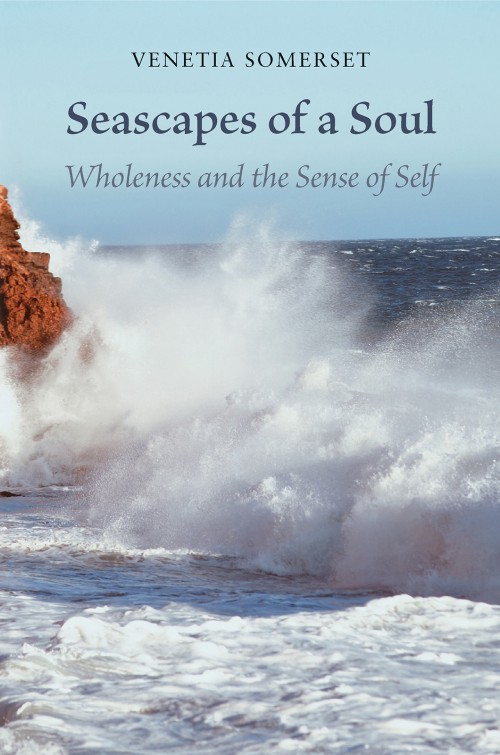The search for self-knowledge and identity is a common theme in autobiographies these days. So also is the search for a spirituality other than that of the conventional religions. Both are found in Seascapes of a Soul: Wholeness and the Sense of Self. This book is an account of a unique spirit on an often solitary journey. With clear argumentation and transparent honesty, this author presents a story that reaches towards individuation, gained partly through discovering C.G. Jung’s ideas about the psyche.
Several themes recur: the onset of old age, Jungian individuation, solitude and aloneness, mood swings, a rejection of orthodox religion, a love for the natural world, an interest in gnosticism, the inner sense of the Divine. Her relationship with her twin sister is also prominent. There is light and dark here: the ups and downs of living with a twin.
In rejecting the Christianity she grew up with she followed an innate urge to a spirituality that ultimately arose from the strong sense of self she had had from an early age. If this has a name it would be ‘gnostic’ because it is a perception of inner divinity, the God within.
This is a woman’s story with a difference. Although, unlike so many, she did not have to struggle through a life of disadvantage and deprivation, she did have to wrestle with a powerful self that sometimes wandered up blind alleys into ego. But she learned to accept mistakes and incorporate them into what Einstein called a ‘calm and modest life’.
Images of the sea, symbols of the unconscious, run through the book. The ‘seascapes’ at the head of each chapter function in the story as a leitmotif for the modes and moods of the spirit.












